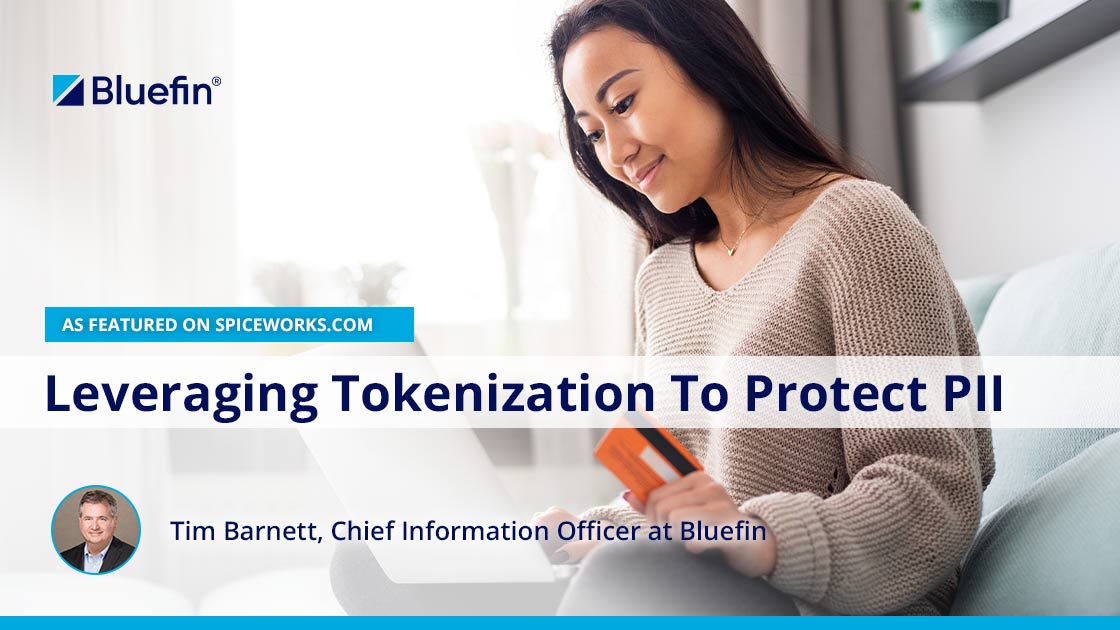Bad actors compromised PII records in more than half of the data breaches that occurred in 2023, underscoring the need for enhanced security solutions such as tokenization that can devalue any sensitive data. Tim Barnett, CIO of Bluefin, delves into the critical role of tokenization in protecting sensitive data.
With nearly every swipe, click or tap, we often share personal data with businesses ranging from financial and healthcare institutions to online retailers. The exchange of personally identifiable information (PII) between consumers and businesses is the lifeblood of the digital economy. But for organizations entrusted with this sensitive data, the stakes for safeguarding it have skyrocketed.
When an organization suffers a data breach involving compromised PII, it faces an array of serious consequences, including reputational damage, operational disruption, noncompliance, and financial burdens.
Barnett explains that cybercriminals will do whatever it takes to infiltrate your network. The most effective way to prevent compromised records is to render your data unintelligible to bad actors — which is specifically what tokenization addresses.
“Tokenization offers a secure avenue to collect, process, and store PII. By devaluing your data or removing it from your environment entirely, you can maintain compliance with relevant data security standards while significantly reducing the risk of a data breach. If an attacker does infiltrate your network, tokenization throws a wrench in their plans, ensuring they are met with nothing but meaningless tokens and disappointment.”
Contact Bluefin to learn how we can help boost your data security with tokenization. Read the full article here.








